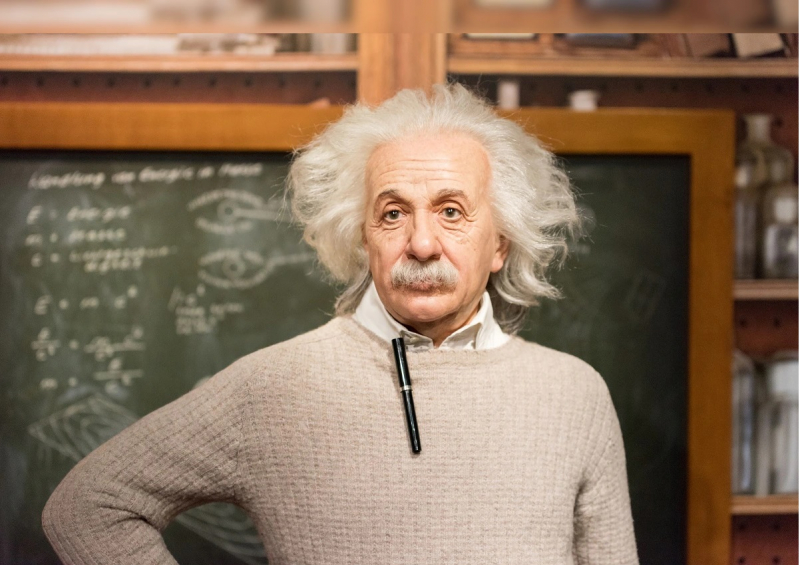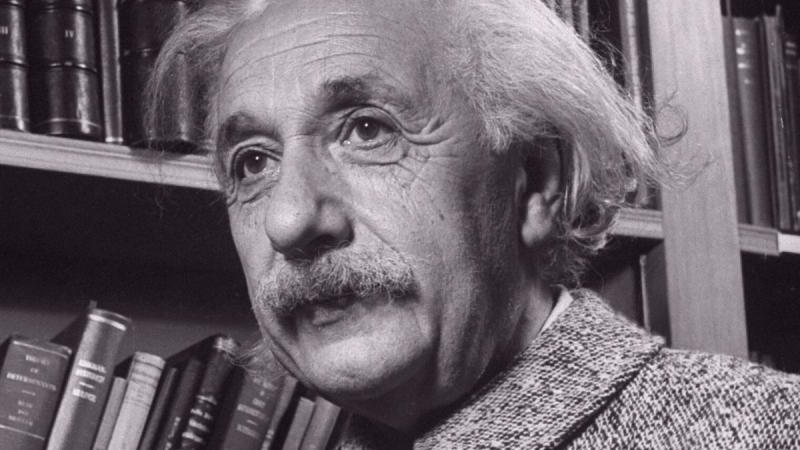Albert Einstein
Albert Einstein is frequently considered as one of the twentieth century's most significant scientists. His research continues to aid astronomers in their investigations of topics ranging from gravity waves to Mercury's trajectory. Even people who are unfamiliar with the fundamental physics of special relativity are familiar with the scientist's formula that helped explain it — E = mc2.
Einstein is also well-known for his general relativity theory (which explains gravity) and the photon energy (which explains how electrons behave under particular conditions); his work on that won him the 1921 Nobel Prize in Physics. Albert Einstein also made futile attempts to integrate all of the universe's forces into an unified theory, or the hypothesis of everyone and everything - the one he was still engaged in at the moment of his death.
Einstein died on April 18, 1955, of an aortic aneurysm. As per the American Museum of Natural History, a blood artery broke near his heart (AMNH). When asked whether he wanted surgery, Einstein declined. "I want to travel when I want to," he said. "Artificially extending life is tasteless. I've done my part; now it's time to go. I will do so gracefully."
Years: 1879 - 1955
Achievements:
- Theory of special relativity
- Theory of general relativity












